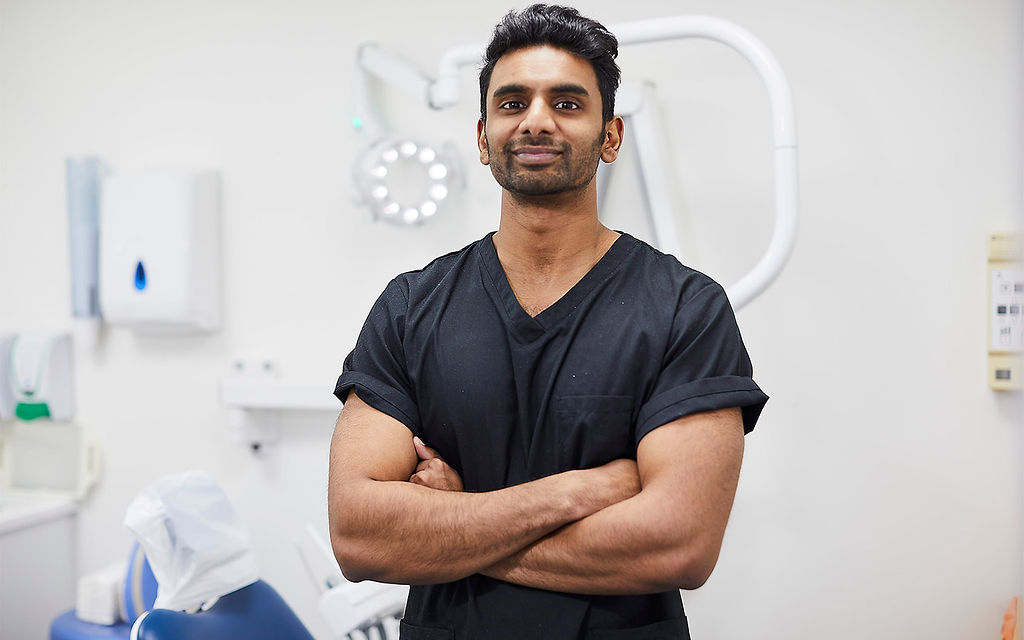A word to the wise.
When was the last time you had a good look at your toothbrush? Do you inspect yours regularly to check it’s still in proper working order or do you – like most of us – blindly put it in your mouth each morning, still bleary eyed, and start brushing while your mind drifts to today’s ‘to do’ list?
Most people think that their dentist is the person who’s in charge of their dental hygiene, but in reality the health of our teeth is mainly down to us and the way we brush our teeth. Think about all the different foods and liquids you eat and drink in a day and you’ll realise just how much bacteria, and therefore plaqueA soft sticky substance that accumulates on teeth composed largely of bacteria and bacterial derivatives., can end up on your teeth – and why you need to clean them as thoroughly as possible twice a day.
This is why looking after your toothbrush is so important. Whether you use a manual or electric toothbrush – and there are advantages to both – it’s a good idea to check it over once a week to make sure it’s still doing the job properly.
When should I get a new toothbrush?
When we first get a new toothbrush or electric brush head out of the box it has perfectly straight bristles, aligned in a neat shape, enabling us to clean every surface of our teeth and reach each crevice. Over time, though, brushing causes the bristles to weaken.
Here are some of the signs that it’s time to replace your toothbrush:
• Bristles have started to fold over
• ‘Middle parting’ appears in the centre of the brush
• Bristles on your electric brush head have started to splay out at the sides
• It’s been three or four months since you last replaced your toothbrush (although this will vary from person to person)
If you’re not sure whether you need to replace your brush, you can always check how effectively you’re cleaning your teeth by using a disclosing tablet. Used after you’ve brushed your teeth, these tablets will show you exactly how much plaque remains on your teeth with a temporary stain.
What kind of toothbrush should I choose?
When you’re choosing a new brush, you might think that a hard-bristled brush will clean your teeth better and be more hard wearing, but actually it’s a good idea to go for a small brush with soft bristles. With a small brush you can clean the areas that are difficult to reach and the soft bristles will not cause your gums to recede.
With your toothbrush used twice a day to remove food from your teeth, it’s important to maintain it. Two simple things you can do are:
• Give it a good clean under warm water after each brushing to remove any bacteria
• Store it upright so that the air can get to the bristles
Your dentist will be happy to talk to you about what kind of brush would suit your teeth and mouth best, and whether a manual or electric option would be the most effective for you. Find a great local practice near you and get more information on oral hygiene at Colosseum Dental, one of the UK’s leading dental groups.
Check out the NHS’s teeth cleaning tips, a fun way of ensuring you clean your teeth for the recommended two minutes.
Book an appointment
